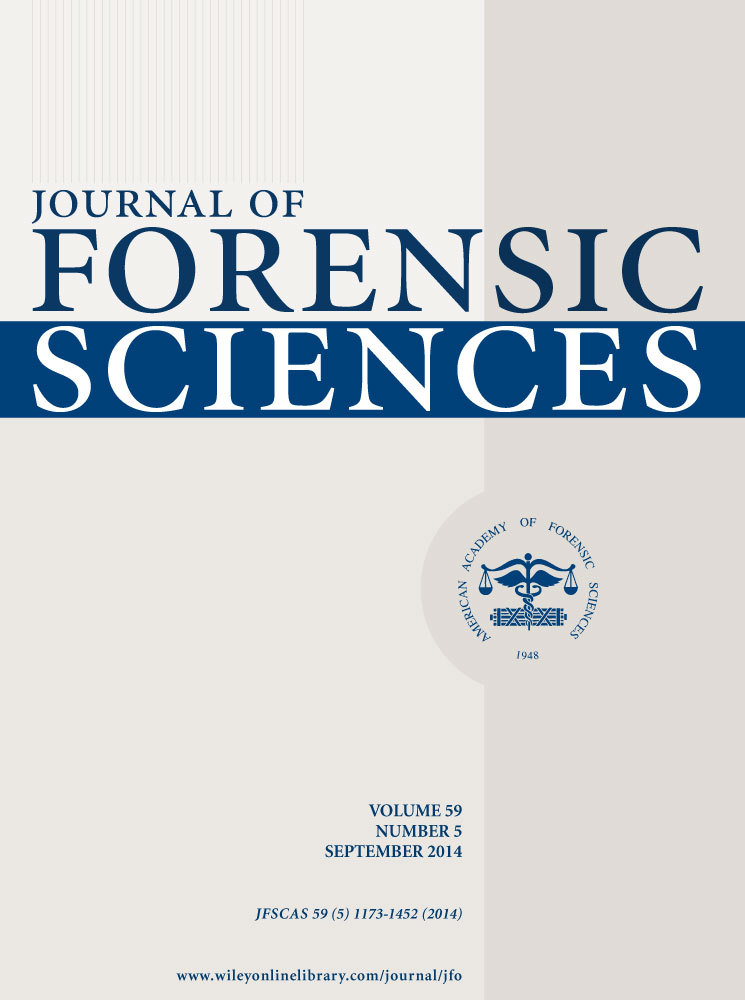Detection of Denatonium Benzoate (Bitrex) Remnants in Noncommercial Alcoholic Beverages by Raman Spectroscopy†
Abstract
Illegal alcoholic beverages are often introduced into market using cheap technical alcohol, which is contaminated by denatonium benzoate (Bitrex) of very small concentration. Bitrex is the most bitter chemical compound and has to be removed before alcohol consumption. The home-made methods utilize sodium hypochlorite to disintegrate particles of denatonium benzoate in alcohol and to remove bitter taste before trading. In this experimental studies, we propose a novel method that detects in a fast way the remnants of denatonium benzoate in dubious alcohol samples by Raman spectroscopy. This method applies a portable Raman spectrometer of excitation wavelength 785 nm and utilizes the effect of surface-enhanced Raman spectroscopy (SERS) to recognize the suspected alcoholic beverages. High effectiveness (over 98%) of YES/NO classification of the investigated samples was observed when the nonlinear algorithm support vector machine (SVM) was exploited at carefully adjusted detection parameters. The method can identify illicit alcohol within minutes.




